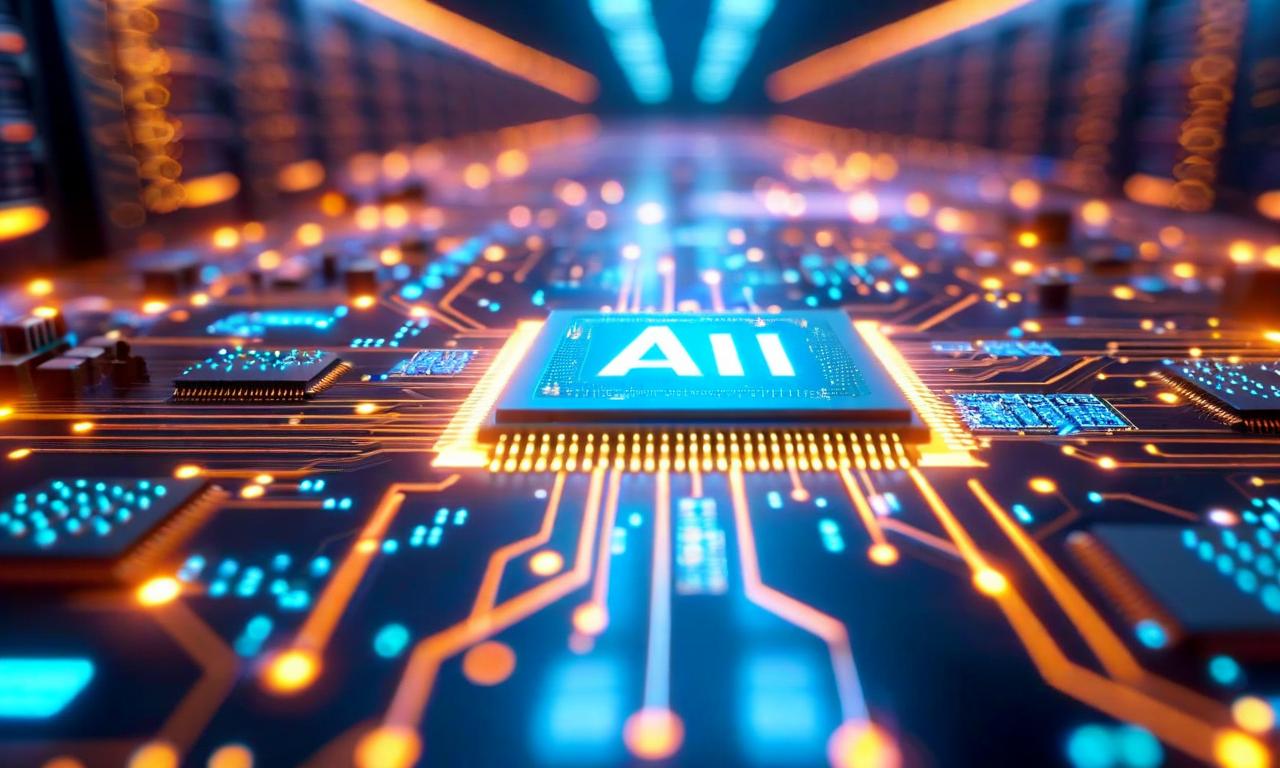Google's AI Strategy: Pichai Acknowledges OpenAI's ChatGPT Triggered 'Code Red'
Sundar Pichai, Google's CEO, acknowledged OpenAI's first-mover advantage with ChatGPT, revealing it triggered a 'code red' within Google. This led to a significant redirection of internal teams to accelerate AI development. Pichai disclosed that Google had plans to launch its own chatbot but faced greater reputational risks compared to OpenAI. The company introduced Google Bard in March 2023 in response to ChatGPT's late 2022 launch.

*this image is generated using AI for illustrative purposes only.
Google CEO Sundar Pichai has openly acknowledged OpenAI's first-mover advantage in the AI chatbot race, revealing how ChatGPT's launch prompted a significant shift in Google's AI strategy.
ChatGPT's Impact on Google
Speaking at Salesforce's Dreamforce conference, Pichai disclosed that ChatGPT's debut triggered a 'code red' within Google, leading to a redirection of internal teams to accelerate AI development. This move underscores the competitive pressure Google faced in maintaining its AI dominance.
Google's Response and Challenges
Pichai revealed that Google had plans to launch its own chatbot a few months after ChatGPT but wasn't ready for public release due to unresolved issues. He noted that Google faced greater 'reputational risk' compared to OpenAI in immediately launching a competing product.
Historical Context
Pichai drew parallels between the ChatGPT disruption and other significant tech moments:
| Tech Disruption | Year |
|---|---|
| YouTube's emergence | 2006 |
| Instagram's rise | - |
| ChatGPT's launch | 2022 |
Google's AI Journey
| Milestone | Date |
|---|---|
| ChatGPT Launch | Late 2022 |
| Google Bard Introduction | March 2023 |
| Bard Rebranded as Gemini | - |
This acknowledgment by Pichai provides a rare glimpse into the strategic decisions and challenges faced by tech giants in the rapidly evolving AI landscape. It highlights the competitive nature of AI development and the potential for disruptive innovations to reshape the tech industry landscape.



























